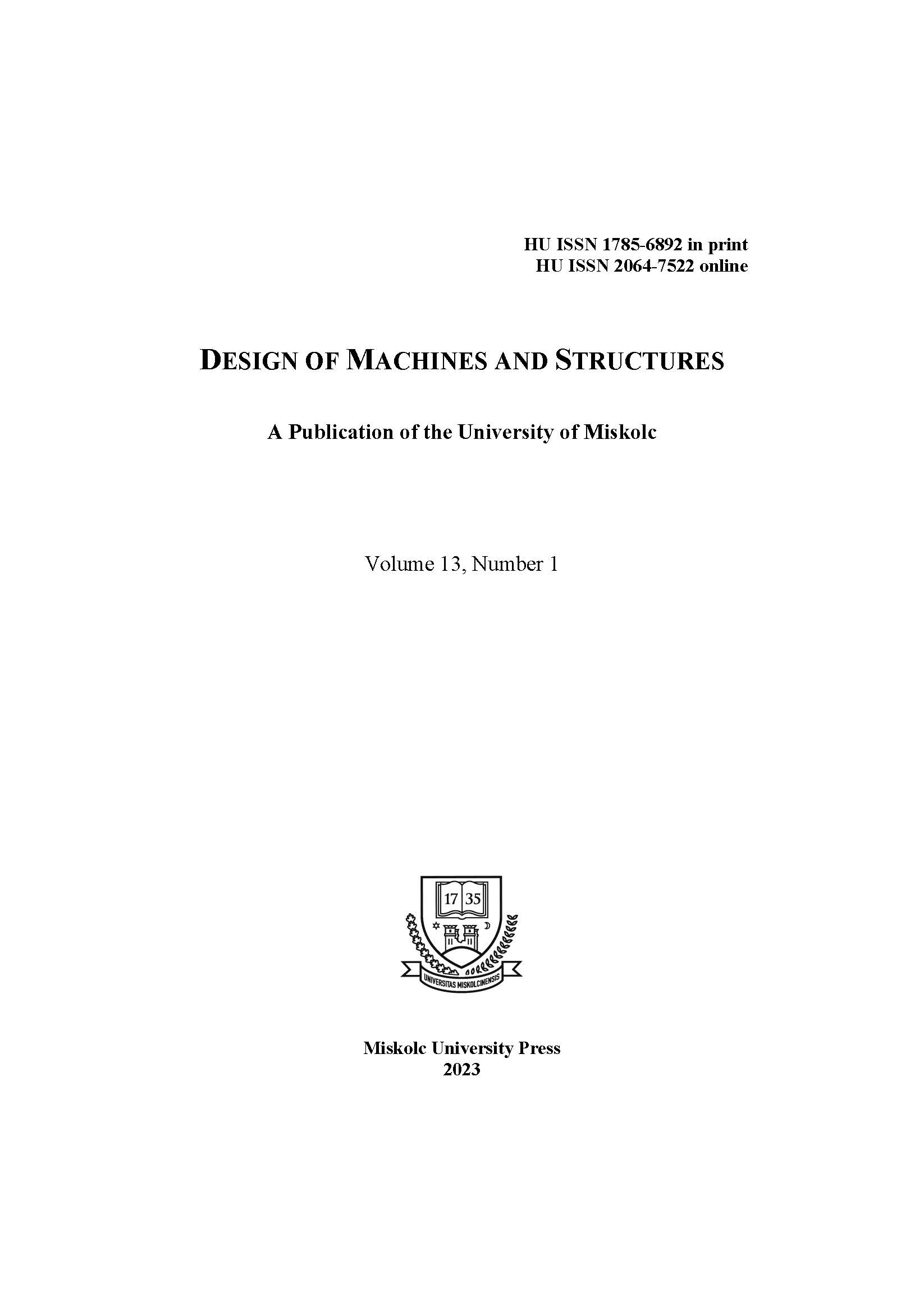Vehicle emblems from nature
DOI:
https://doi.org/10.32972/dms.2023.004Keywords:
natural analogies, automotive, logo, emblem, brandingAbstract
Copying principles and functions from nature, or even a particular shape, con-struction, colouration, or pattern is most often a rewarding business. By using shapes that have long been known and thus rooted in human subconsciousness, users can design products that show durability, create confidence or simply be usable and appealing in shape or colour. This is true even if the natural analogy found is not due to the product itself, but to the graphic element of the logo of the company. This article systematizes the natural motifs found in the emblems of the automotive industry and illustrates their effects in branding.
References
Automárkák mindent az autókról. (2022, October 15). Retrieved from automar kak.theboard: http://automarkak.theboard.hu/auto-emblemak/
Budelmann, K., Kim, Y. & Wozniak, C. (2010). Brand Identity Essentials: 100 Principles for Designing Logos and Building Brands. Rockport Publishers.
Dömötör, C. & Péter, J. (2012). Natural principles in analogy-based design. GÉP, 63 (12), 29-32.
Heptinstall, S. (2018). Car Marques: A Graphic Guide to Automotive Logos and Emblems, Motorbooks. Motorbooks.
Kuah, I. (2022, October 15). Official Cizetta USA Website. Retrieved from cizettaautomobile.com: https://cizetaautomobile.com/supercar/.
ListCarBrands. (2022, October 15). Retrieved from https://listcarbrands.com/.
MTI. (2015. október 15). Itt vannak a Komondorok, az új magyar harcjárművek, HVG Publishing House, 2015 October 14th, EPA-00332. HVG. Forrás: https://hvg.hu/itthon/20151014_Itt_a_Komondor_az_uj_magyar_harcjarmu__f
Négyesi, P. (2011). Cars Made in Hungary 1945-1990. magyarjarmu.hu.
Orgoványi G. (2010). Design és tipográfiai alapok - Tervezőgrafika II. Centro-szet Szakképzés-szervezési Nonprofit Kft. Retrieved from http://centroszet.hu/ tananyag/tervgrafika2/tervgraf_2_kotet.pdf
Wheeler, A. (2009). Designing Brand Identity. John Wiley & Sons, Inc.

